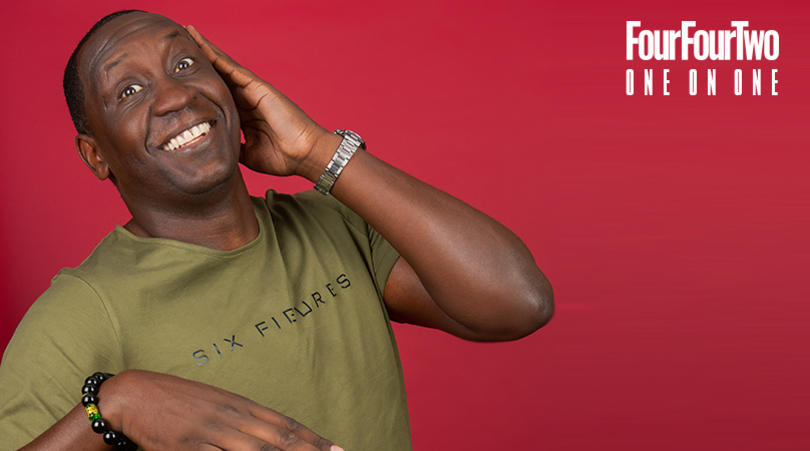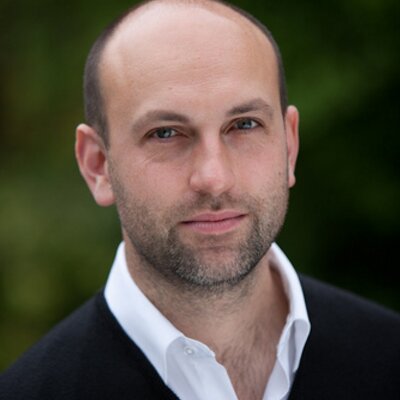The big interview: Michael Carrick - "I’m definitely not Spanish or Italian, so can’t you just appreciate me anyway?"
How close was he to joining Arsenal? What went wrong for Moyes at Manchester United? And should he have got more caps? YOUR questions answered in January 2019...
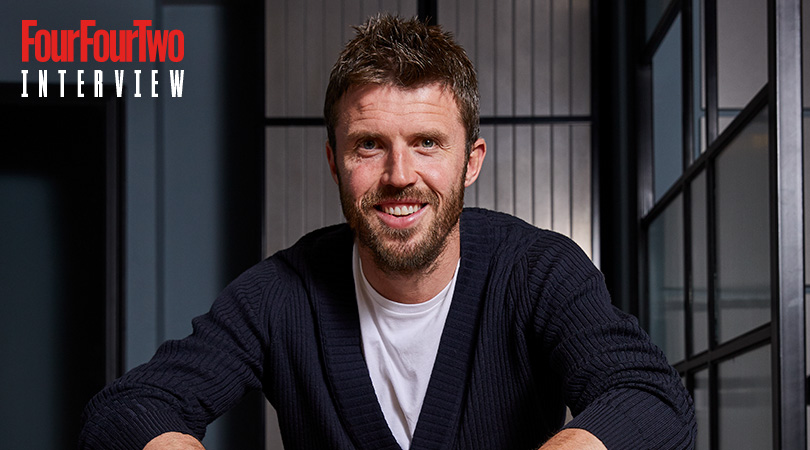
“I’m just a lad from Wallsend in the North East, nothing special, no better or worse than anyone,” the typically self-effacing Michael Carrick tells FFT.
But plenty would disagree, including Alex Ferguson, who brought Carrick to Manchester United from Spurs in 2006 and watched him develop into what he once hailed “the best central midfielder in English football… I think he’s the best English player in the game.”
During 12 decorated campaigns with the Red Devils, Carrick lifted five Premier League titles, plus three League Cups, the Champions League, Europa League, FA Cup and Club World Cup.
In summer 2018, after 706 games, mostly for West Ham, Tottenham and United, and 34 caps for England, Carrick retired from playing to become an assistant to Jose Mourinho at Old Trafford.
On the day FFT meets Carrick in a hotel suite in Manchester, he’s in a cheerful mood while looking back over his career, dealing with all of your posers about nearly signing for Arsenal, an odd first day at Spurs, Lasagne-gate, and coaching Paul Pogba.
Why did you never play for hometown team Newcastle? Do you regret that?
C J Martin, via Instagram
Get FourFourTwo Newsletter
The best features, fun and footballing quizzes, straight to your inbox every week.
It was just the way my path took me – I was there as an under-13, played for them a few times, but never ended up joining. To be honest, I didn’t enjoy it there, so when it came to the stage of committing to a club, West Ham were always my first choice. It would have been great to play for Newcastle as I’d supported them as a kid, but I have no regrets about it. When I left West Ham in 2004 there was a chance of them signing me instead of Spurs, but it isn’t something I think about too often. I’ve been spoilt during my career.
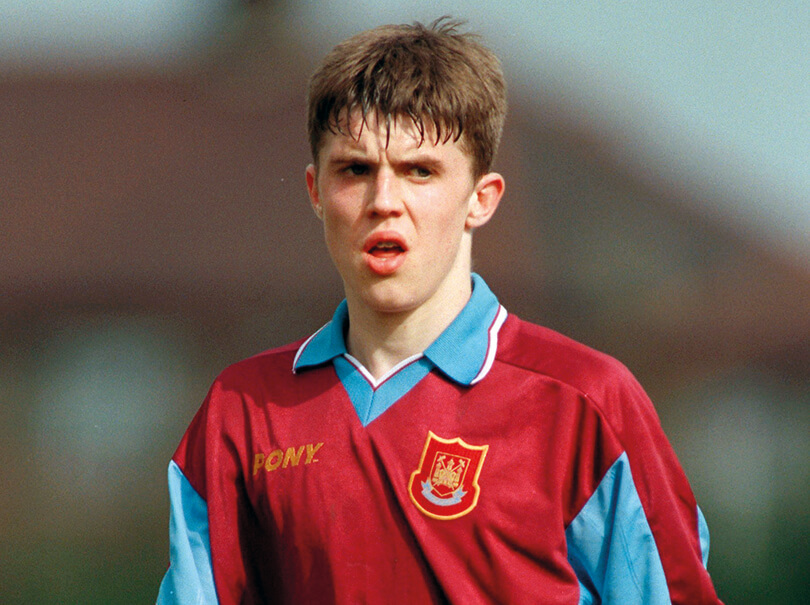
You were one of the last generations of players to clean boots and sweep dressing rooms. What was that like, and should we bring it back?
Graham Porter, via Facebook
I’m a big advocate of younger players doing those jobs. You know which rung of the ladder you’re on and it motivates you to climb it, but these days society seems to have become too nicey-nicey and you aren’t exposed to any danger, or HR get involved.
We had loads of jobs to do, including searching through bushes for lost balls. You’d be sat having your lunch in your brand new white trainers, about to go home, and then you’d be told to go out in the freezing cold and look around the edge of the pitch for lost balls, ruining your trainers in the mud. Looking back, though, they were actually great days – we’d have a laugh. I’d clean boots, and was so meticulous that I was headhunted by some of West Ham’s first-team squad. I think we were tested, and it helped us, but I don’t see younger players doing those things now.
What could West Ham have achieved if you, Rio Ferdinand, Frank Lampard and Joe Cole had stayed there? Which of those players stood out the most?
Alan Bird, via Instagram
It probably wasn’t realistic for all of us to stay at the club. When Rio left West Ham for Leeds he was potentially the best defender in the country, so he was always going to move. West Ham were offered a lot of money by Leeds at the time [£18 million, a world record fee for a defender]. I think it would have been a fairy tale for West Ham to keep hold of everyone, and something that happens in a perfect world. Sadly the real world doesn’t work like that – players want to play at as high a level as they can, and it made business sense for West Ham as they got a good deal.
It’s difficult to choose one player who stood out. They are all so different and I played with Joe more, because Frank and Rio were two years above us. They all fulfilled their potential and enjoyed some amazing careers.
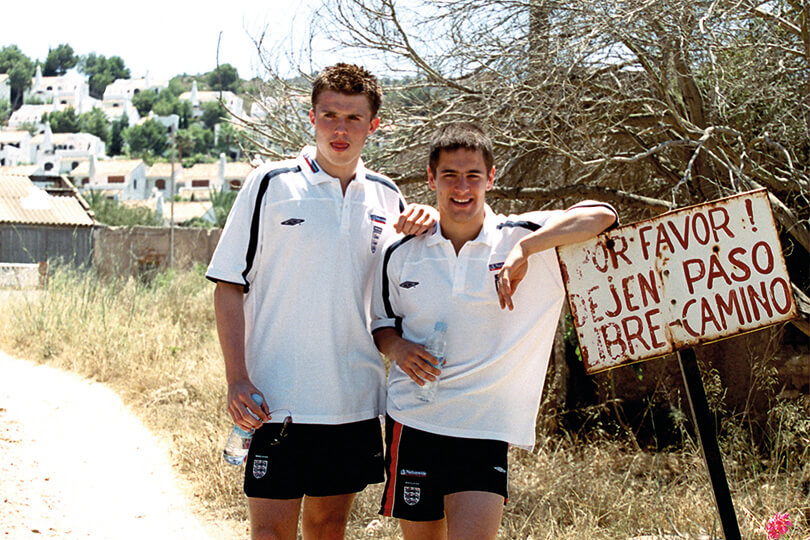
Describe life under Harry Redknapp as a young player, and what did he do for your career?
Grant Southby, via Twitter
The best thing about Harry was that he gave me my chance. That’s the hardest thing for any youngster, to actually get their chance, and then it’s up to them. Harry was great for me. He always told me to go out onto the pitch and express myself. He trusted the younger players like me, Joe, Frank and Rio when other managers perhaps wouldn’t have done.
You spent about three seasons playing alongside Paolo Di Canio at West Ham. What was he like as a team-mate?
Jason Lamb, via Facebook
Paolo was up and down all the time. He would do something incredible on the pitch one moment, like that scissor-kick against Wimbledon at Upton Park, but the next he would be extremely difficult for managers to deal with. I was on the substitutes’ bench in one match when Paolo sat down on the pitch and told Harry Redknapp, “Take me off – I don’t want to play any more,” because he’d got annoyed with the referee. Harry just pleaded with him to get on with it, and eventually he got up and scored.
How did you find the First Division in 2003/04? Would you have stayed at West Ham if they’d won the play-off final against Crystal Palace?
Dan Silver, via Twitter
It was a tough season, but one I’m glad I went through. Any experience you go through, you take something away from it, and I’ve always taken more from the harder times. That was a difficult year, because I’d been in the Premier League and made a couple of appearances for England, then suddenly I’m relegated and in the First Division. I was at the top and thought everything was great, but then that was all taken away from me.
Would I have stayed at West Ham if we’d won that play-off final in Cardiff? I really don’t know. I had a year left on my contract and West Ham had been too good to me to run down my deal and go for nothing, so that was never an option. The choice was to stay put and sign a new contract, or move on. For football reasons, I decided to leave.
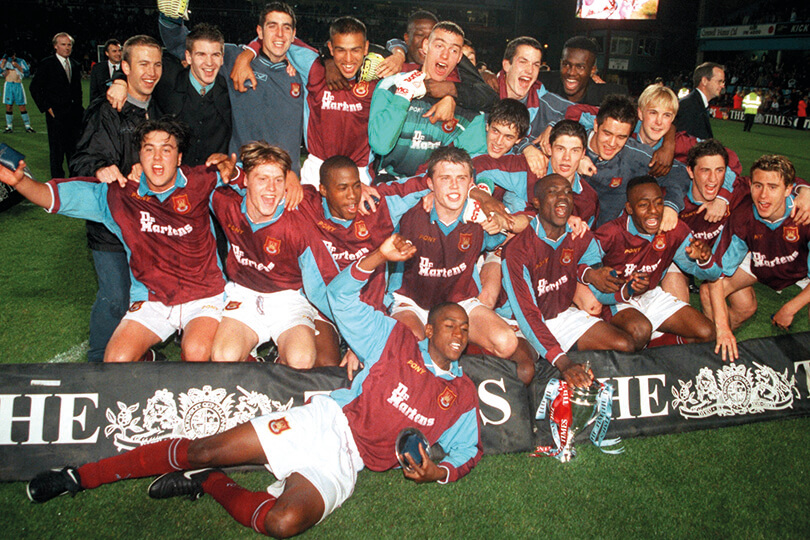
How close did you come to signing for Arsenal in 2004 instead of Spurs, and why did a deal with them eventually fall through?
Ben Handiford, Stevenage
I was really close to signing for Arsenal that summer, and even had a meeting with Arsene Wenger at his house. I was pretty confident it was happening, and for a few days I thought it was a done deal and I was going to Arsenal. I met up with Wenger on the Friday, but then on the Sunday afternoon Arsenal played Manchester United in the Charity Shield, with a young Cesc Fabregas handed his chance and having a great game. I think Wenger decided to give him a run in the side, so there was no room for another midfielder and the deal was off. It was a big crossroads moment in my career.
Is it true Spurs boss Jacques Santini had no idea who you were when you arrived for your first day of training at the club?
Brian Franklin, via Twitter
Yes, that’s true. Well, it certainly looked like that. He didn’t seem to know who I was – it was a very strange moment! I arrived at Spurs’ training ground and said to my adviser Dave [Geiss], “I’m not too sure he knows who I am!” He said, “I think you’re right.” I’d signed that morning, so it was all agreed with the club and I went to his office to meet him. It was weird. I ended up with the reserve team on my first day of training, and later found out that I’d been signed more by Frank Arnesen, who was Spurs’ sporting director.
How much do you remember about ‘Lasagne-gate’ on the eve of the final day of the 2005/06 season, and what did you go through that fateful weekend?
Stuart Gill, London
It was nothing to do with lasagne; it was just a terrible virus. There were a few players who got badly affected that weekend, but I was probably the worst. I woke up in the night, felt awful and couldn’t stop vomiting. We were really unlucky that so many of the team caught it.
I started the match at West Ham but was a write-off. I was struggling in the run-up to the game but decided to give it a try. I can even remember having to run to the toilet to throw up when the gaffer, Martin Jol, was doing his team talk. I was so weak and drained, and on the pitch I had nothing to give for what was a massive game for the club, trying to reach the Champions League.
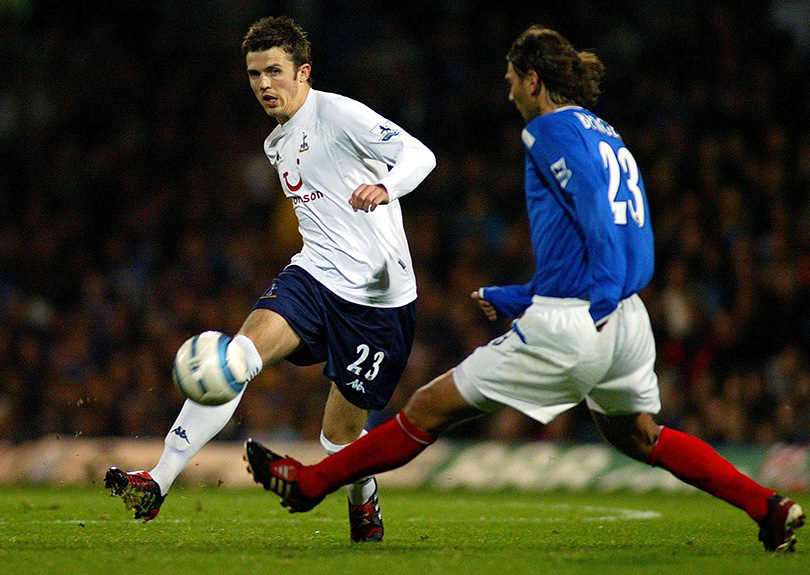
Did you feel under pressure to prove yourself when you joined Manchester United in 2006? What was your first impression of the club and its squad?
Barney Croughton, Stretford
You turn up at the club and the biggest thing for me was trying to earn the trust of the players. It wasn’t about the press or anything on the outside – it was all about being accepted by so many great players. The calibre of player at the club was incredible and I had to make them quickly aware I was capable of playing alongside them.
I remember we would do these boxes where players stand on the edge and two players go inside it trying to get the ball – it’s a test of touch and ability. It’s like someone going into your office, and you look at them and think, ‘Well, what are they good at?’ and it’s up to you to show them what you can do.
I also remember seeing Alex Ferguson in his office on my first day, and him telling me how there was a relentless desire to win at the club. I don’t know why, but I said, “Similar to Chelsea,” and he shot me down. I was like, ‘What on Earth did I say that for? What is he going to think of me now?’
What did seven years with Alex Ferguson teach you? What made him the greatest manager ever?
Louis Byfield, via Facebook
It would take me days to answer that one properly! I learned so many things during his time as manager. The most valuable thing was probably how to grow a winning mentality, then win again and again with that amazing drive of his. He had incredible desire and that became the culture of the football club.
He taught me how to be mentally strong, never to settle for anything less than you think you can achieve, and to always strive to be the very best. Since becoming a coach at United I’ve tried to take inspiration from him, so hopefully he has rubbed off on me. I probably do a few things in training that I picked up from him but don’t realise.
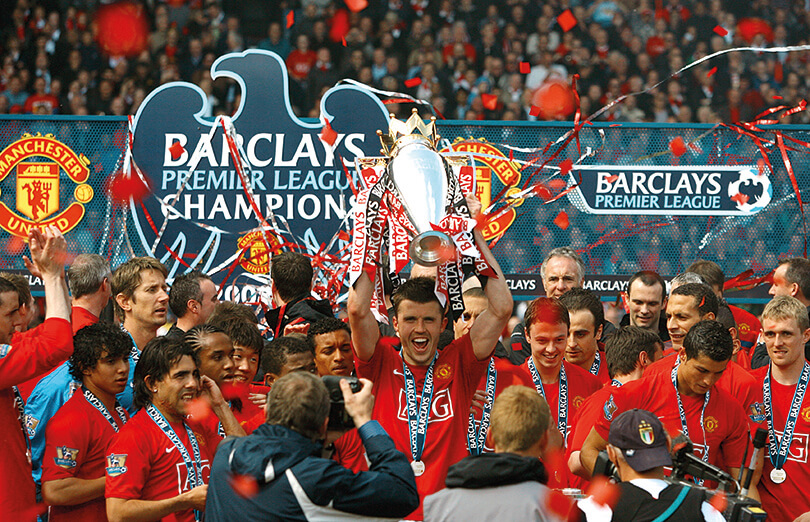
Did Alex Ferguson really say you only played well when it rained, and what did he mean?
Freddie Chan, Manchester
Yes, he threw that one at me once. Whether it was true or not, or whether he actually believed it, I’m still not sure. We laugh about it now. He meant I only hit top form when the weather turned in October and it started getting colder. That was his genius – maybe he could spot when I was at my very best. For the first six weeks of the season I’d be in and out of the team, and then after that I would be in it. That was his way of managing me and keeping me motivated.
How terrifying was it to take a penalty in the 2008 Champions League Final shootout in Moscow?
Barry Holm, via Twitter
In a couple of seconds you go from one of the most horrendous feelings you can imagine, when you’re walking up there, to one of the best feelings ever, when I scored it. During the game I knew I’d be taking a penalty, so throughout extra time it was always on my mind.
My plan was to feint to the right and then whip the ball into the left corner. I’d taken a penalty just like that at the start of the season against Chelsea, when we beat them on penalties in the Charity Shield. That’s when the mind games start and you wonder if Petr Cech will remember that, but it all worked out OK.
What are your memories of the 2009 and 2011 final defeats to Barcelona in Rome and London, and just how good was that Barça side?
Frank Thomas, via Facebook
They were very good, obviously, and by the 2011 final at Wembley were possibly the best team I’d ever come across in my career. Although we lost both finals, of course, they were two very different experiences for me. Losing in 2009 was one of the lowest moments I’ve had in football. The 2011 one was something I could deal with because they were so much better, but in 2009 we really let ourselves down. Losing that match in Rome lingered with me – it took quite a while to come to terms with and was a pretty tough time.
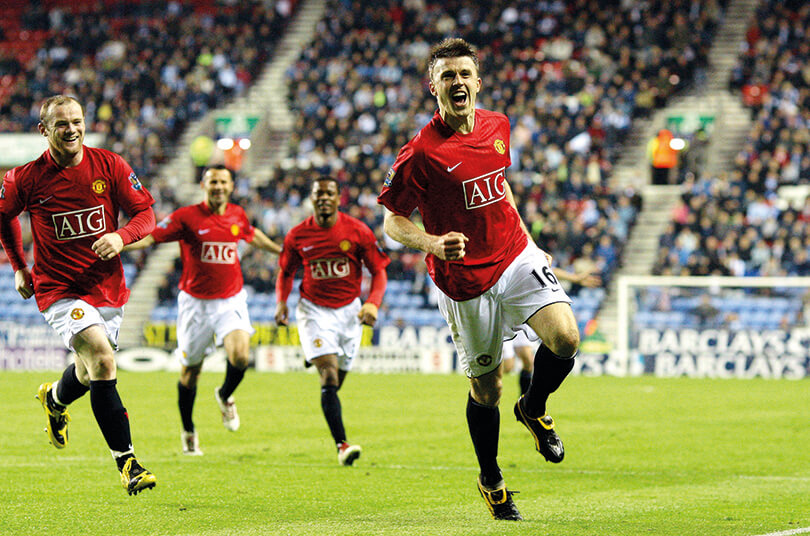
Can you think of a worse moment than standing on the pitch at Sunderland thinking you had won the league, only to hear that Sergio Aguero had scored for Man City? What was that like?
Paul Downes, via Facebook
My worst moment in football was losing that Champions League final to Barça in Rome. I didn’t really think we’d won the league at Sunderland. Out on the pitch no one knew what was happening. At the final whistle you’re tempted to think we may have won the league, but there was so much confusion. We didn’t know what was going on in City’s game.
It wasn’t about losing the title on the final day anyway, it was more annoying that we’d let it slip a few weeks earlier. We were 4-2 up against Everton with 10 minutes to go and drew 4-4 – that was far more crucial.
Looking back over the last five years, why do you think United have found it so difficult to make the transition since Alex Ferguson retired?
Miloz Lowczynski, via Twitter
Of course you look at it as a period of transition, but the transition can’t go on forever. We have to move on as a club and try to achieve again, and build again. There are always cycles in football, and to have the same team winning all of the time just doesn’t happen anywhere.
What went wrong for David Moyes at Manchester United?
Aritro Sarkar, via Instagram
It just didn’t work for him. It wasn’t only David that season, it was the players as well. Everyone was in it together and we all had a job to do, but it didn’t work out. David said he wanted to get the team running more, because he was looking at areas where we could improve. That’s not necessarily right or wrong – it’s just what he wanted to do. I always look at myself first before a manager, though. As a player, you must take responsibility.
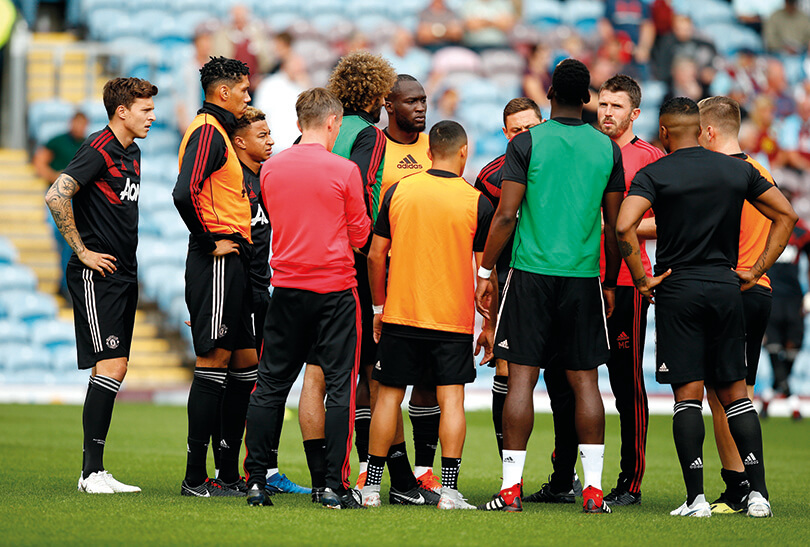
How much did you pick up from Louis van Gaal during his two years at Old Trafford? In the end, was he too defensive to be a United manager?
Steve Thompson, via Twitter
I picked up many things from him – his style of football, getting on the ball and showing for it, creating different angles. I also learned a lot from him about how to prepare for matches.
I wouldn’t say Louis was a particularly defensive manager, as it wasn’t like we camped in our own half and defended for 90 minutes. We’d spend most of the time in possession and on the ball. We just lacked that special ingredient to create some magic in the final third, break sides down and look dangerous as a team. We did a lot of things well as a team, but ultimately we came up a little short.
What prompted you to join the United supporters in the Anfield away end in January 2016?
Sarah Jones, via Facebook
It was something I’d always wanted to do because our away fans are amazing. I’d been on the terraces with my dad as a kid, but you don’t really get the chance again as a player. I had good memories of that and really wanted to do it again, to sample the atmosphere. I think more players would like to do it, and I’ve done it again since when I took my son in the away end against Burnley. You’ve got to be careful, though, as you’re not going in as a normal punter.
How do you look back on your England career? Should you have earned more caps, and why were you undervalued by more than one manager?
Ray White, Brighton
There’s no point me moaning about it now, even if I would have liked to play more matches for England. But then at the same time, I played a lot more than I ever would have expected as a kid, so I managed to make that dream come true. You can’t have everything, can you? It’s not something that annoys me, it’s not a big regret, and I don’t really spend much time thinking about it. Of course, it’s a little frustrating and it could have gone better, but there you go.
I played for four England bosses and it was under Sven [Goran Eriksson] when I started at the 2006 World Cup, so that was probably the standout moment for me. I was in 87 squads but won just 34 caps. It got a bit frustrating, and I guess that’s why I couldn’t carry on doing it.
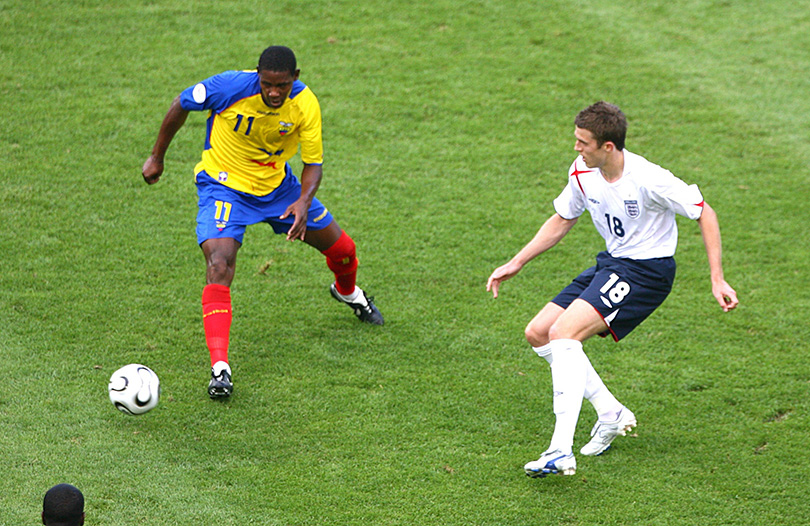
Who was the best English midfielder of your generation: Scholes, Gerrard or Lampard?
Howard Smith, Basingstoke
I don’t want to be disrespectful to the other two, but Scholesy is my favourite as I played with him the most. I know Frank well from West Ham, and played against him. I played with and against Stevie too, but I went through so much and achieved so much with Scholesy.
How difficult was it being an unused member of England’s 2010 World Cup squad? Is it true you came to dread going away with England and felt you didn’t want to be there?
Mark Davies, Salford
I’ll be completely honest, I didn’t want to be at that World Cup. It wasn’t for football reasons, it was just how I felt in myself. Odd, but there you go. I wouldn’t have put myself in that squad, as I was playing awfully. When I got the call from Fabio Capello’s assistant, Franco Baldini, to tell me I was off to South Africa, my heart sank. I should have been so happy about it, but I wasn’t.
It was just what I expected out there, too. I didn’t enjoy it, and it actually got worse. I’d talk to my wife on the phone and say, “I want to go home.” It wasn’t about the football. I wasn’t in the right place to enjoy my football at that time.
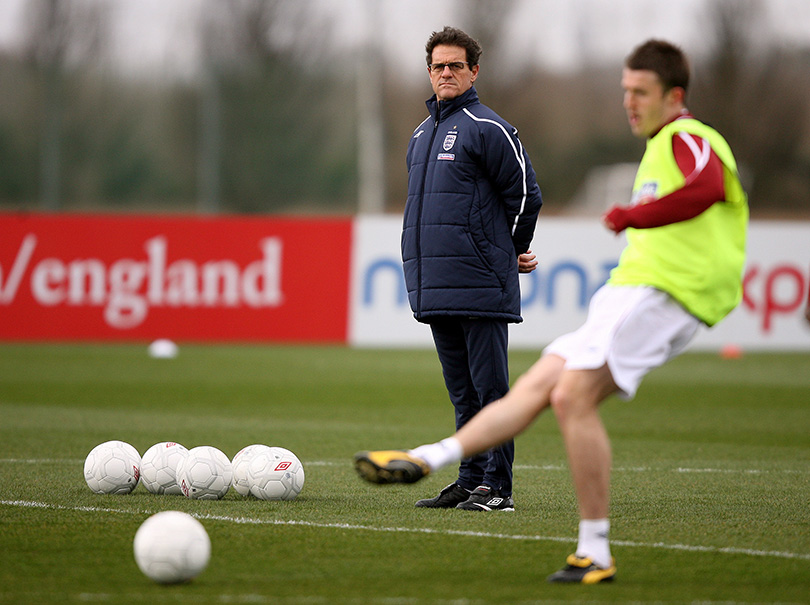
What was the favourite game of your career, and the most enjoyable goal you ever scored?
Dave Langford, via Twitter
My favourite game has to be winning the Champions League against Chelsea in 2008, because nothing can top that. My favourite goal was at Wigan in 2009, which came late in the game and pretty much clinched the title for us that year.
Who was the best player you played with and against?
Joe Jackson, via Twitter
The best player I played with would have to be Scholesy. I’ve played with some incredible players like Cristiano Ronaldo, who’s one of the best players of all time so it’s crazy not to mention him, but it has to be Scholesy. I loved playing with him so much. I found it funny how he could play so well and control a match. He was just so good, and it looked like it all came so easy to him. Our styles went really well together.
The best I played against probably has to come from Barcelona, so one of their lads: Messi, Xavi, Iniesta, Busquets. That said, Clarence Seedorf was something else when United played Milan in 2007, but I suppose I’ll have to go with Messi.
Paul Pogba has said you have a huge influence on him and he sees you as a mentor. How are you coaching him, and how great can he be for United?
Christian Smith, Salford
Paul’s a fabulous player. As a coach, the challenge is to get the best out of your players, and you’re constantly trying to find ways to do that with everyone. It’s nice that Paul thinks that. We worked on how to make runs last season.
What have you learned from working with Jose Mourinho, as a player and now a coach?
Grace Blake, via Twitter
I’ve learned loads from him. I’m finding out what managers have to deal with behind the scenes. This is an amazing opportunity for me. It was special that he gave me this chance - I appreciate not everyone gets that handed to them. He’s been top class and I couldn’t ask for anything more.
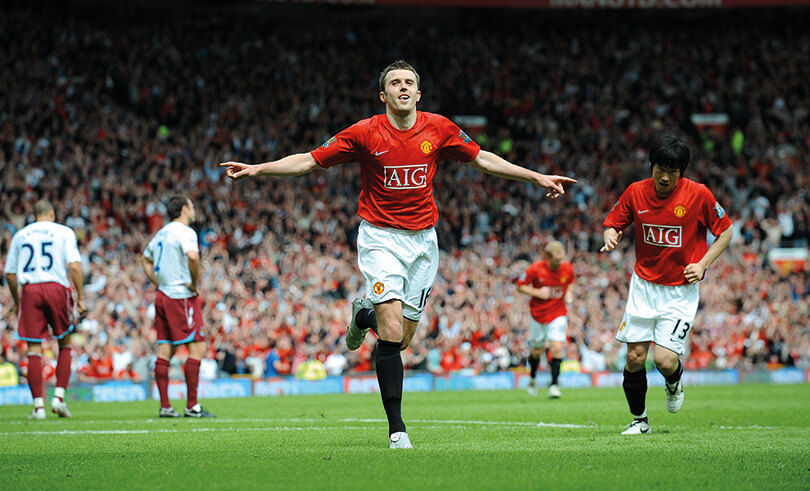
How would you compare Ferguson and Mourinho as coaches? What do they share, and how are they different?
Eddie Banks, via Facebook
It’s not fair to compare them because they’re so different. Two very different people, two different styles, and they’re both in that group of the best managers over the last 20 or 30 years. You name the best five managers in that time and they’ll both be in there, without a doubt.
Do you believe you were never fully appreciated throughout your career? Some people claim that if you were Spanish or Italian, you’d have been revered even more?
John McMillan, Birmingham
I keep hearing that, but what does it even mean? I suppose it’s a throwaway comment, but I’m definitely not Spanish or Italian, so can’t you just appreciate me anyway? I’m not saying I should be, but then why do you have to be Italian or Spanish to be appreciated? I don’t mind, I didn’t play for praise. I did my job for my team-mates and manager.
Photography: Jon Shard
This feature originally appeared in the January 2019 issue of FourFourTwo.com
Sam Pilger is a freelance sports writer who writes for Forbes, FourFourTwo, Optus Sport, The Athletic and The Times Magazine. He was previously the deputy editor of FourFourTwo magazine (lucky him), still contributes regularly and has written several books, including Manchester United's Best XI and For Club and Country with Gary and Phil Neville.
